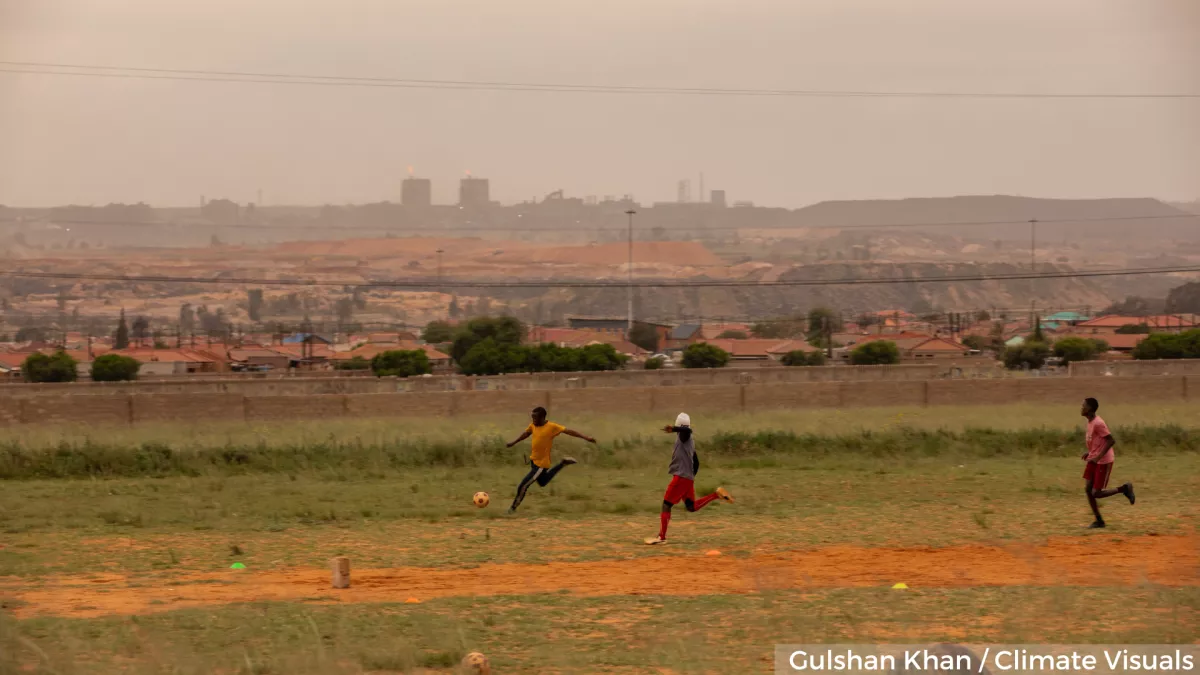
Health Effects Institute (HEI), an independent U.S.-based nonprofit research organisation, in partnership with UNICEF, published the latest edition of the State of Global Air (SoGA) report.
The report found air pollution accounted for 8.1 million deaths globally in 2021. Beyond these deaths, many more millions of people are living with debilitating chronic diseases, putting tremendous strains on health care systems, economies, and societies.
In 2021, exposure to air pollution was linked to more than 700,000 deaths of children under five years old, making it the second-leading risk factor for death globally for this age group, after malnutrition.
Exposure to air pollution in young children is linked to pneumonia, responsible for 1 in 5 child deaths globally, and asthma, the most common chronic respiratory disease in older children.
The inequities linked to the impact of air pollution on child health are striking. The air pollution-linked death rate in children under the age of five in East, West, Central and Southern Africa is 100 times higher than their counterparts in high income countries.
RCPCH Officer for Climate Change, Dr Helena Clements, said:
To see air pollution move ahead of both tobacco and poor diet as leading risk factor for death is nothing short of alarming. If we do not start getting serious about our air quality now, we risk the health and safety of future generations – both home and across the world.
Globally, we know that more than 90% of children are exposed to ambient fine particulate matter (PM2.5) levels above the World Health Organisation’s Global Air Quality Guidelines. As well as adversely impacting pregnancy and birth outcomes, the developing lungs, children’s cognitive abilities and mental health, air pollution has been linked to increased UK paediatric hospital admissions for asthma. Asthma is the most common long-term condition among children and young people, with around 1.1 million children currently receiving asthma treatment in the UK.
This report shows that tackling air pollution is everyone’s responsibility. UK government air quality legislation currently falls significantly short of WHO guidance. As we approach the upcoming election it is now essential that all political parties make clean air a key priority.









